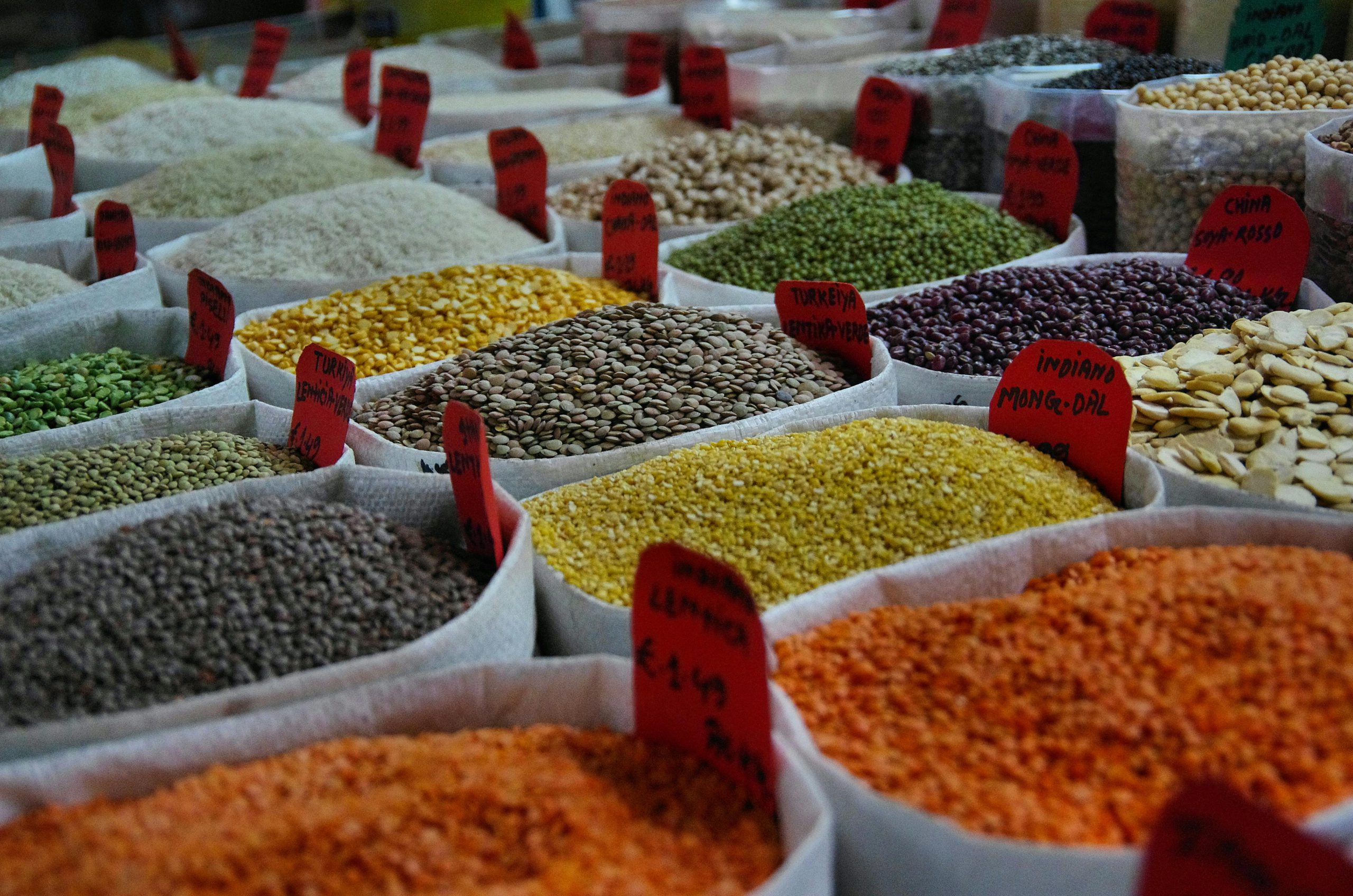India is one of the largest producers of fresh fruits and vegetables in the world, making it a prime hub for agricultural exports. With growing international demand for high-quality Indian produce, small businesses have a golden opportunity to enter the global market. However, exporting perishable goods requires careful planning, compliance with regulations, and efficient logistics.
At ASAP Export Import, we simplify international trade for businesses of all sizes. This guide breaks down the essential steps for small businesses looking to export fresh produce from India successfully.
Understand the Export Market
Start by identifying the countries where your produce is in demand. For example:
- Mangoes, pomegranates, and grapes are popular in Europe and North America.
- Fresh vegetables like okra and drumsticks are in high demand in Middle Eastern countries.
Research your target market’s import regulations, packaging requirements, and certifications to ensure smooth entry.
Register as an Exporter
Before shipping, you need to register your business:
- Obtain an Importer-Exporter Code (IEC) from the Directorate General of Foreign Trade (DGFT).
- Register with APEDA (Agricultural and Processed Food Products Export Development Authority) for export promotion benefits.
Meet Quality Standards
International buyers expect consistent quality. Here’s what you need:
- Good Agricultural Practices (GAP) Certification
- Strict grading, sorting, and packaging standards
- Post-harvest treatments like pre-cooling and fumigation to maintain freshness
Arrange Packaging and Logistics
Perishable goods need specialized handling:
- Use ventilated, temperature-controlled packaging.
- Partner with reliable cold chain logistics providers.
- Plan shipping routes carefully to minimize transit time.
Comply with Export Documentation
Key documents you’ll need include:
- Commercial Invoice & Packing List
- Phytosanitary Certificate (proof your produce is pest-free)
- Bill of Lading or Airway Bill
- Certificate of Origin
Choose the Right Shipping Method
- Air freight is ideal for high-value, perishable produce that needs fast delivery.
- Sea freight is cost-effective for bulk shipments but requires robust cold storage.
Partner with an Experienced Export Agent
Exporting fresh produce involves navigating international trade rules, customs, and logistics. Working with an expert partner like ASAP Export Import ensures:
- Compliance with global trade regulations
- Seamless coordination with buyers and suppliers
- Hassle-free documentation and logistics support
Build Long-Term Buyer Relationships
Success in exports comes from trust and reliability. Deliver high-quality produce consistently, communicate effectively, and stay updated on market trends to expand your reach.




